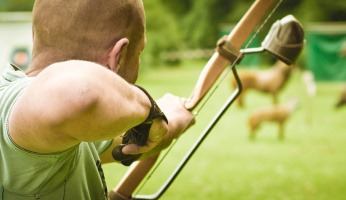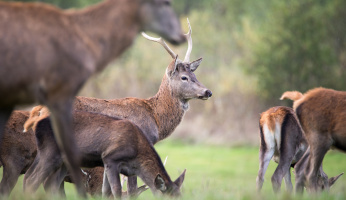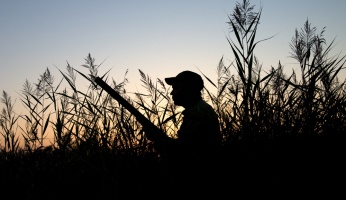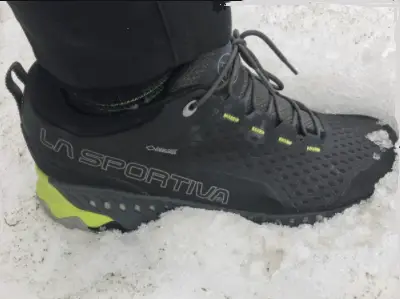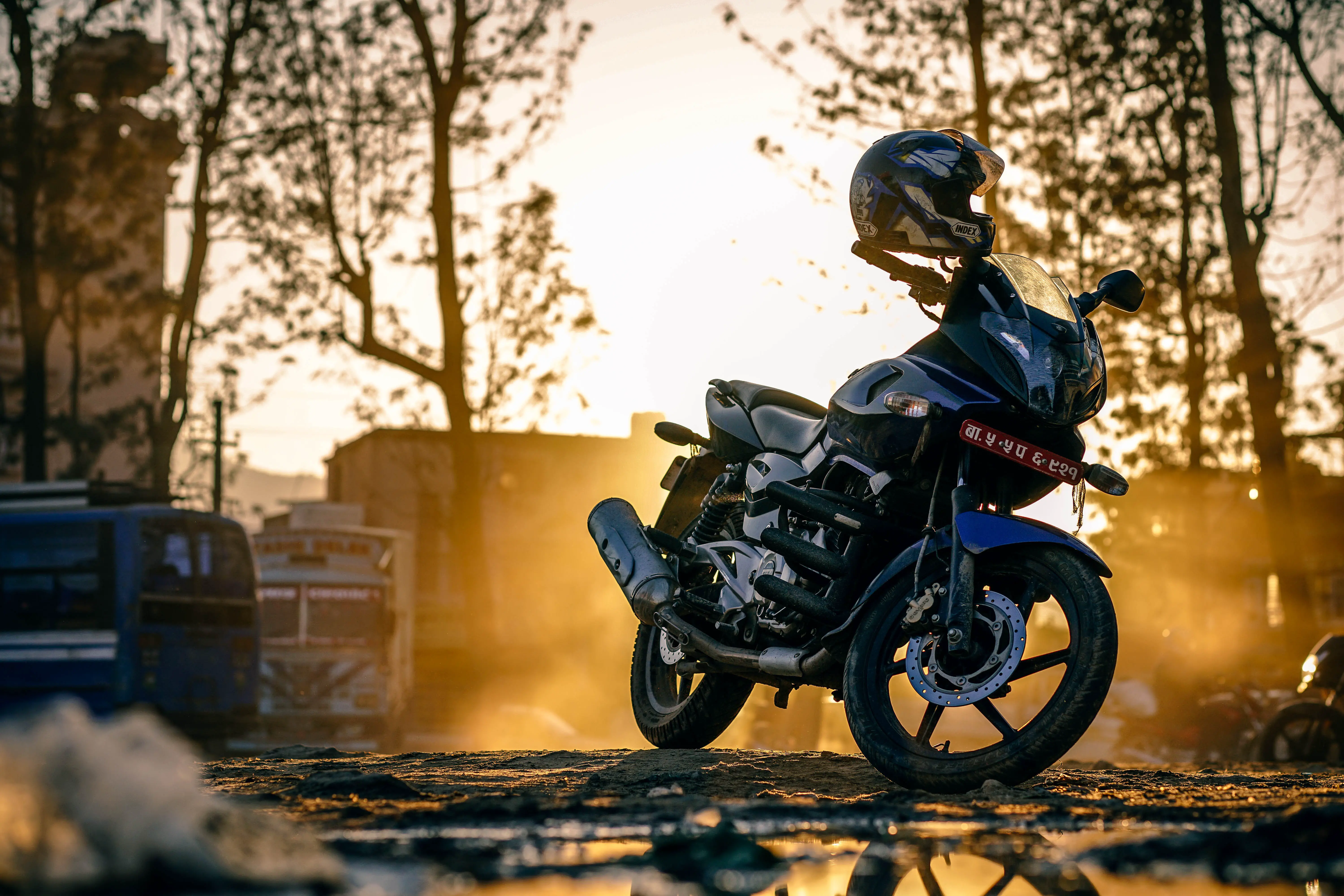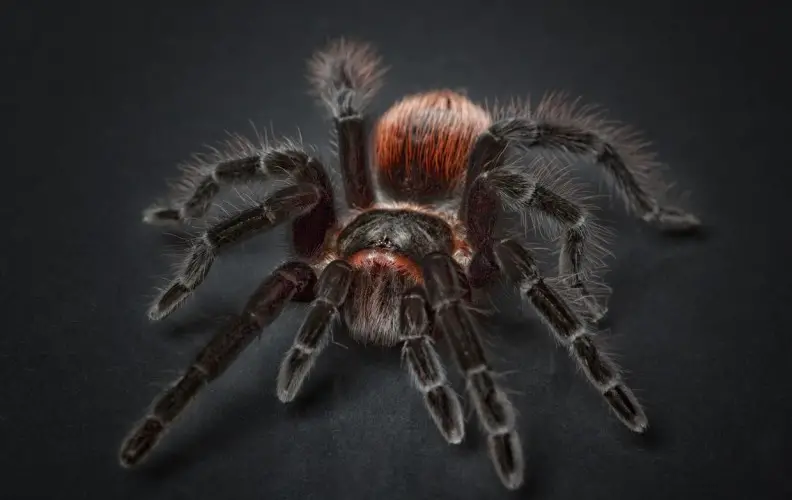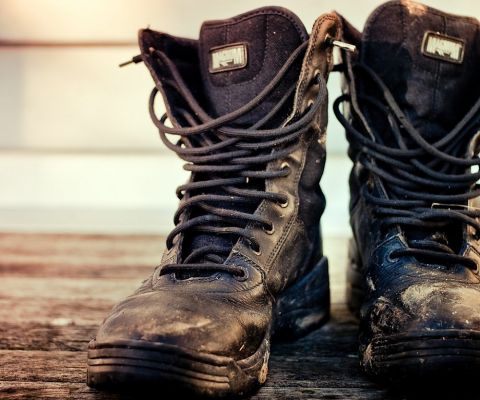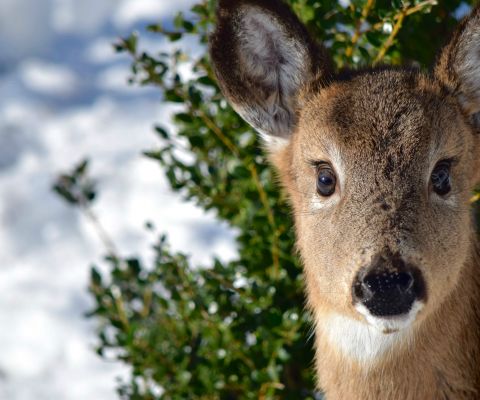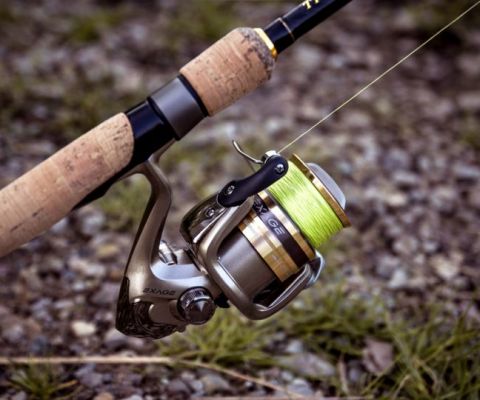How To Beat A Whitetail’s Nose
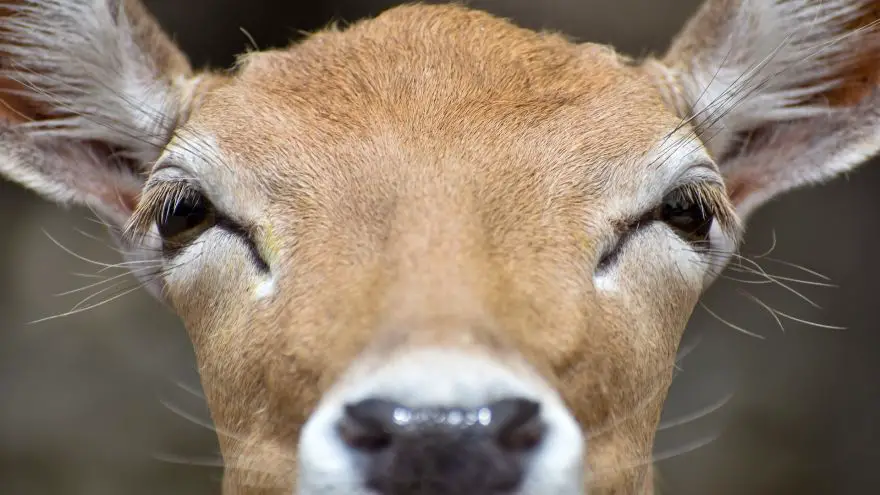 How To Beat A Whitetail’s Nose
thegearhunt.com
How To Beat A Whitetail’s Nose
thegearhunt.com
Whitetail deer are notorious for their incredible sense of smell. Not only are their noses difficult to trick, but they are also their most trusted instinct when it comes to the woods. Deer uses their noses to figure out what’s in the area around them and even determine how they will approach where they are going.
It is not uncommon to see deer circling at a distance as they try and play the wind to understand what is going on around them and even use the wind to their advantage to keep predators off of their trail. While complex, a whitetail’s nose is not unbeatable; here are some tips to get you in an advantageous position when hunting whitetail deer.
Try Not To Get Sweaty
Naturally, humans have their own scent that will be more prevalent over time. Our skin oils and, most importantly, our sweat give off a scent that can tip deer off to something that shouldn’t be there. When entering your hunting spot, it’s crucial to not sweat for more reasons than just scent. Wet clothing means it does not do as good of a job insulating and can actually make you colder.
But for scent purposes, sweat will dry off into the wind, bring its smell into the wind and leave a layer of salt and sweat residue on your skin that will continue to indicate your position to a deer. When entering the woods, you should be wearing fewer layers than what is needed to keep you warm.
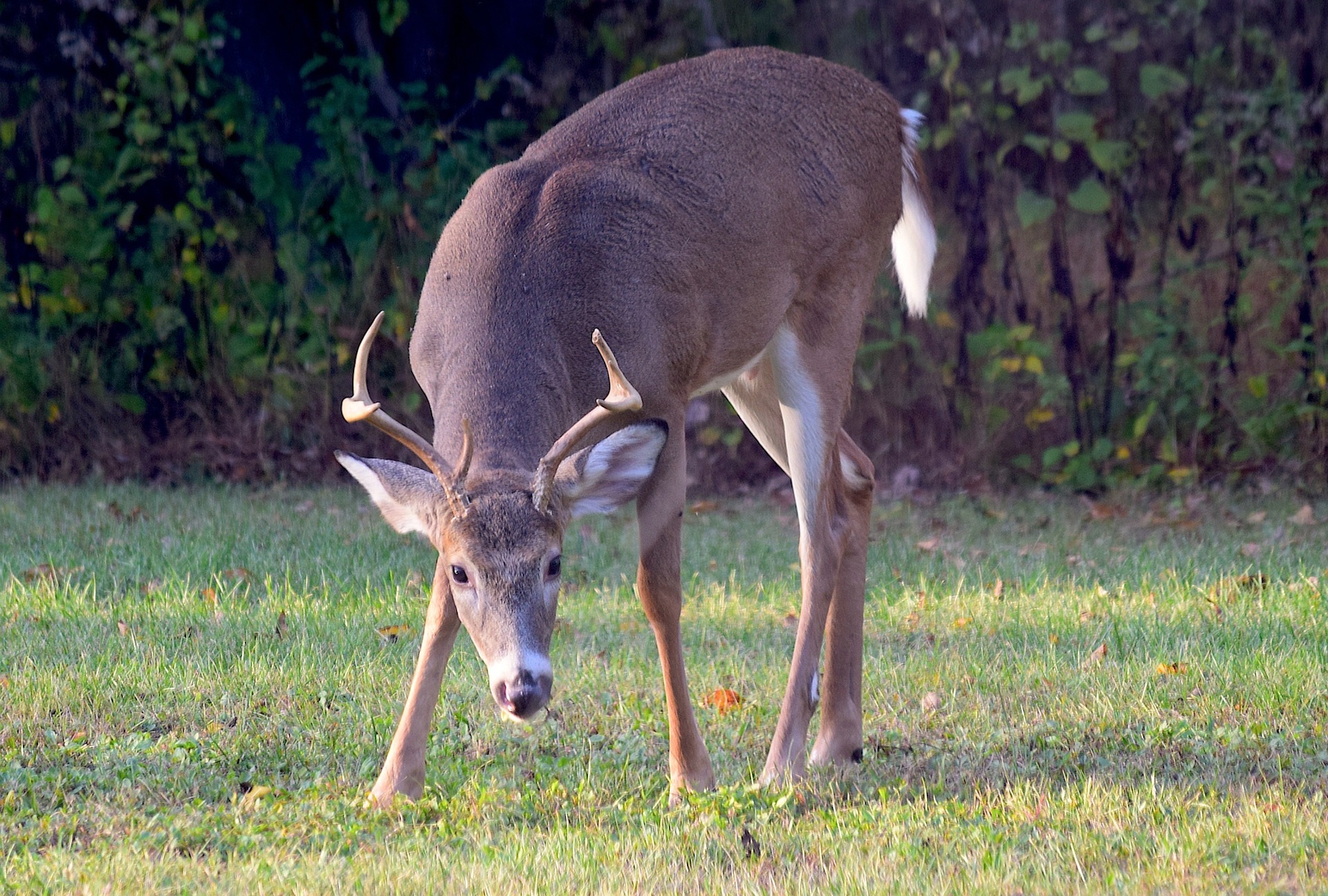
As you walk and move, you will become warmer over time, and if you’re entering a tree stand, it’s quite easy to get sweaty. It is best to try and enter the woods much earlier than your planned hunting time so you can move slowly to keep yourself cool and not make any sound.
All of the scent killer soaps and detergents won’t mean a thing if you sweat into your clothes and leave a noticeable scent trail wherever you go. A good backpack is great to store your extra layers in and carry with you. Once you’re in the position, you can put those extra clothing layers on and settle in for the hunt ahead.
How do I get my clothes ready?
The hunting market is filled with tons of different scent killing and scent prevention technologies to help you successfully hunt. There are scent-killing laundry detergents and soaps you can use to remove any human scent on yourself and your clothing before a hunt.
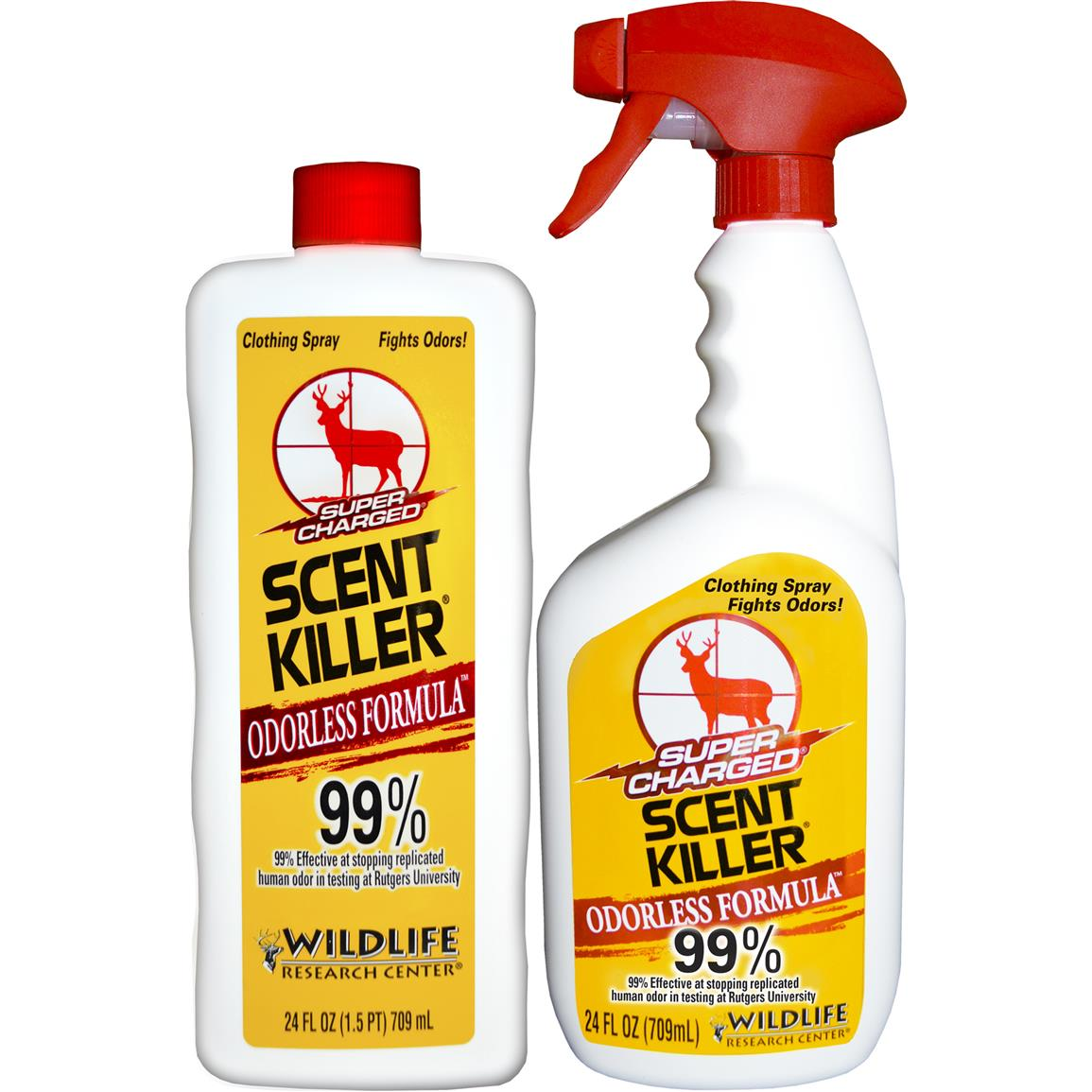
When using detergents, be mindful of how and where you are going to store your clothes. Store them in a scentless bag to ensure they stay scent-free, or even better, keep them outside until it’s time to hunt. Regardless of whatever scent elimination technology you use, I highly recommend leaving your clothes outside to keep them scent-free.
Mother nature will do a great job eliminating any scent on the clothing over time and, even better, will make it smell like the surrounding environment. Scent elimination is one advantage, but having clothing that smells like the forest, you’re hunting in and is even better.
What Clothing Choices Are Good?
In almost any hunting scenario, a base layer is recommended underneath your hunting clothing. Good base layers can help keep you warm during the cold seasons but also have additional moisture-wicking benefits.
Opt into picking a base layer that is made out of merino wool or a Gore-tex-like material. Both merino and Gortex are made to be moisture-wicking and keep your body dry even when you work up a sweat.
Never pick a material like cotton as a base layer because cotton tends to absorb and hold moisture for a long time. Suppose you are unable to find merino/Gortex and opt into fitness dry-fit style clothing. These are also great options for hunting in warm weather and may need something else to keep you cool.
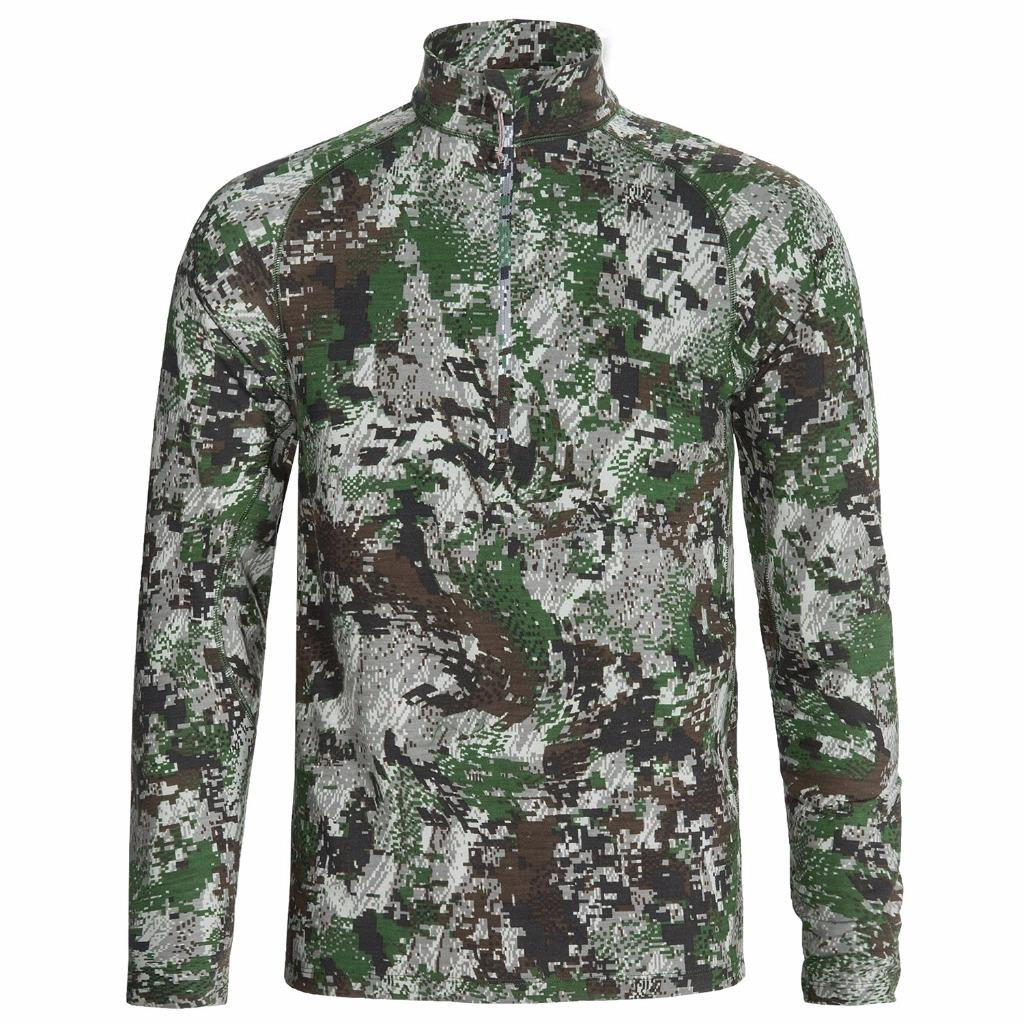
The wind is one issue for whitetails, but scent trails from your entry into the woods are another thing. Seasoned whitetail hunters will almost always wear rubber boots into the woods.
Rubber does not do a good job of holding and absorbing scents, so it works great for walking into a hunting spot. Boots with a lot of leather or cloth-like material can hold scent and give off a different scent that may not be normal for the area you are hunting.
Rubber boots are best, and regardless of the shoes you are using, try to spray them off with an odor killer like Scent killer. The bottoms and soles are the most important to spray as they will come in contact with the ground and leave a scent wherever they touch, so apply liberally to those areas.
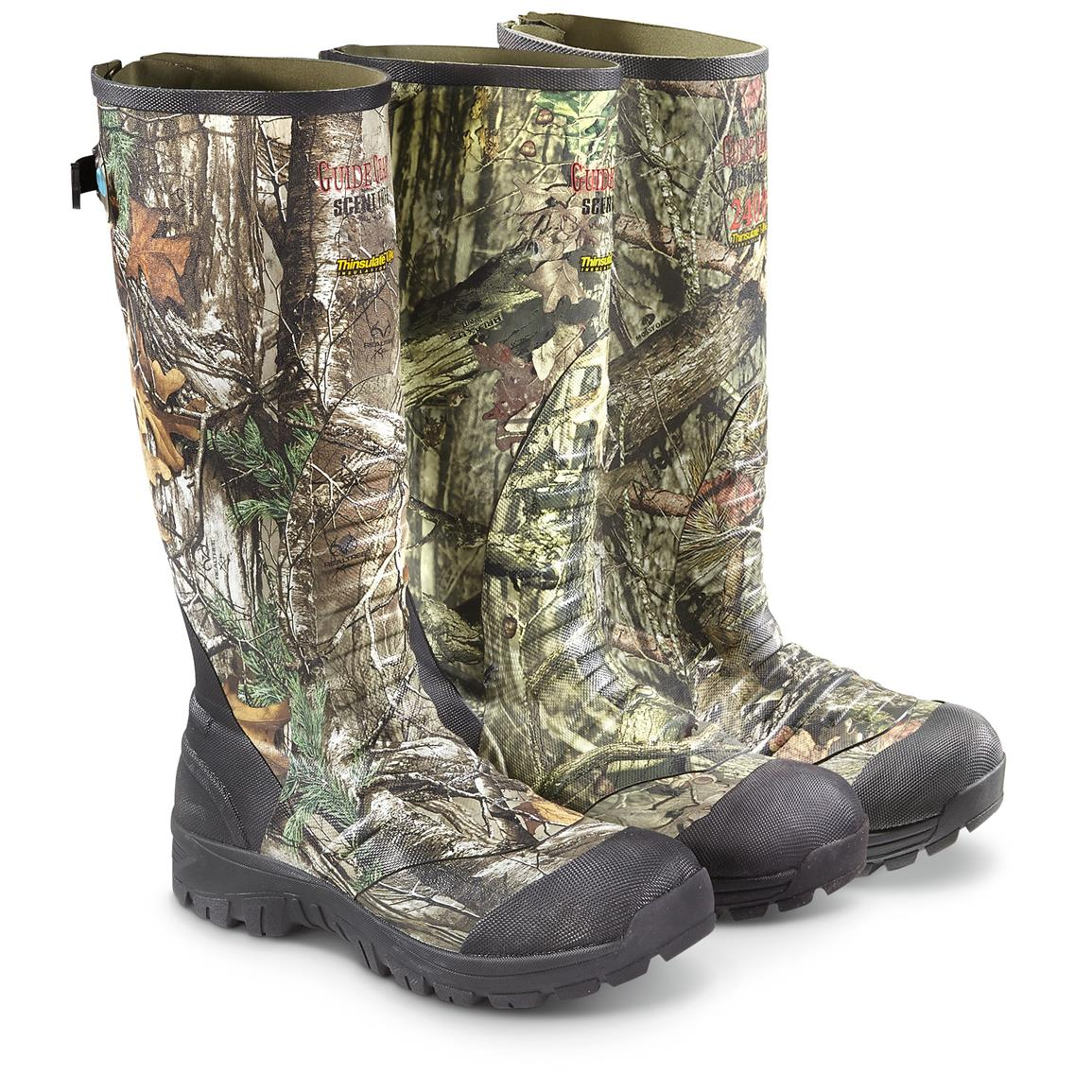
Dolce and Gabbana Are For The Club, Not The Forest…
Before hunting, it’s important to be aware of what you are doing and how it can affect your scent footprint. Make sure you’re bathing with either plain water or using an odor-killing shampoo.
Don’t use any hair products, shaving creams, or really anything that has a scent when getting ready to hunt. Additionally, how are you going to be traveling to your hunting spot? Does your vehicle have air fresheners that might leave a scent on you?
It’s usually a good idea to keep your hunting clothes off you until you’re ready to hunt. That way, you can avoid situations like this. Being mindful of what things you’re doing and what scents you may be coming in contact with before a hunt is a great way to make sure you’re not accidentally covering yourself in a scent that can steer a deer away from your direction.
Use your game cameras and wind checkers to your advantage
Scouting and game cameras are a hunter’s best friends. A great way to pick your hunting spot before heading out and prepare yourself ahead of time is monitoring the weather and wind in an area when viewing your game camera. You can use the timestamps from your game camera to pinpoint the weather in that area when the image was taken.
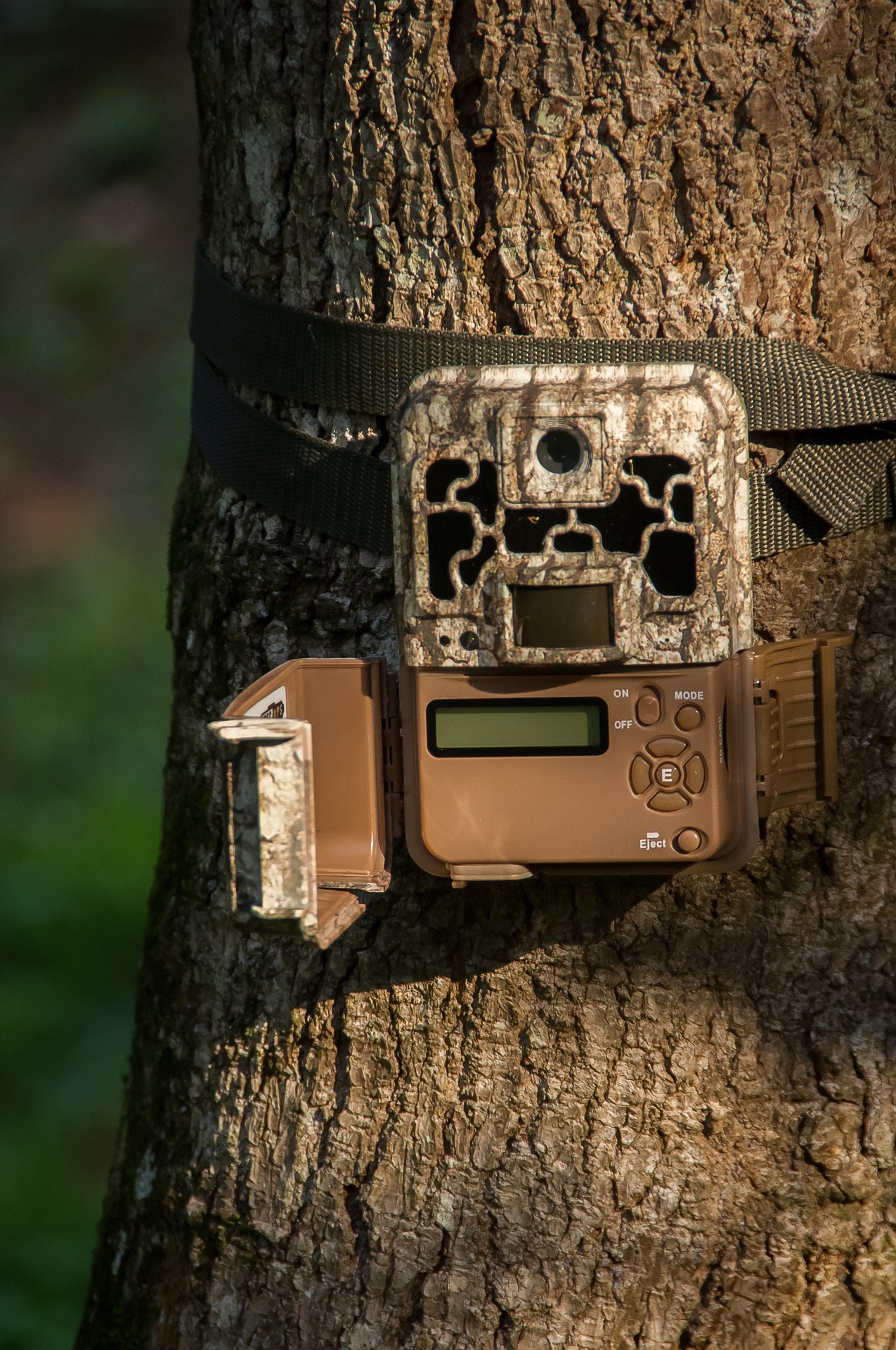
Over time, you may begin to notice a pattern as to when that big 180” buck decides to make a visit and match those weather conditions to the day you are planning on hunting. Even consider setting up a wind flag in your camera’s line of sight when establishing your game cameras and using that as a reference point for the wind when an animal is captured.
Additionally, when you are in your hunting spot, use powder and floating wind checkers to help you pinpoint where your scent may travel. After all the preparation and anti-scent steps you’ve taken, checking your wind is still the most important step when hunting for whitetail. I highly recommend using a floating wind checker because powder works but can also disperse greatly over a longer distance.
A floating wind checker can let you follow the wind as it shifts from your hunting spot.
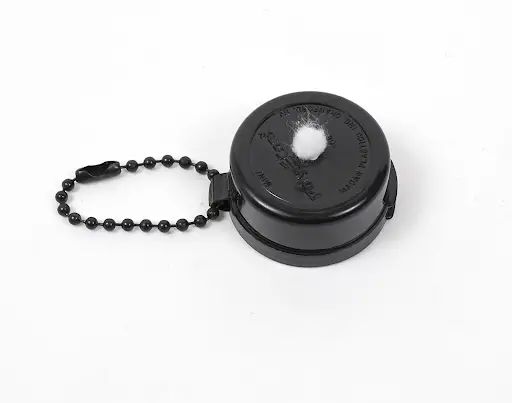
If you’re hunting in a tree stand, the floating wind checker will let you see how your scent travels from your height down to the forest floor. Additionally, maybe your hunting location near some large bodies of water or valleys that can create thermals.
These thermals can cause wind direction to change rapidly as the day goes on, so being aware of how these are happening and which directions the wind is shifting can help you position yourself in a better direction.
Conclusion
Scent elimination and control don’t have to be complicated. It simply takes a lot more forethought and preparation to assure you have good control over your situation and help place you in the best environment to harvest an animal. Be smart about your clothing; your clothing preparation, scouting, and checking your wind during the hunt will help you be successful. Best of luck out there!





